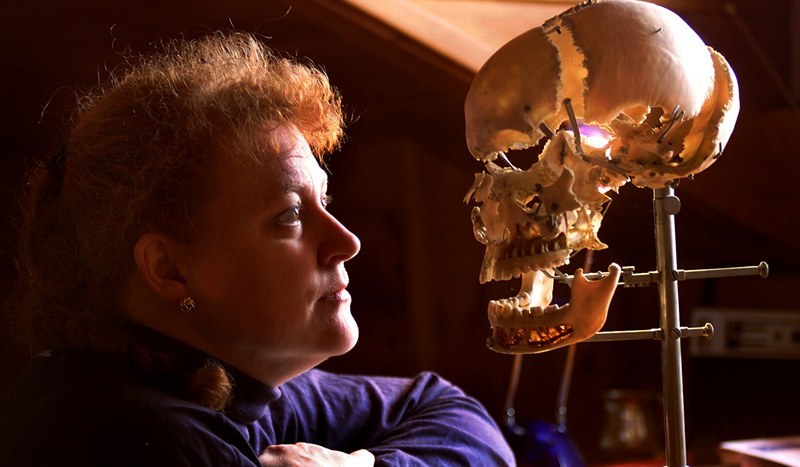Experts from the FBI are studying skeletons in Dundee.
But they are not in the city on a case they are involved in a course that uses a unique collection at Dundee University’s centre for anatomy and human identification (CAHID).
The two-week course has also attracted staff from the Netherlands Forensic Institute, and students from the UK, USA, Sweden and Finland.
The university holds the Scheuer Collection, the world’s only active repository for juvenile skeletal remains.
It is being used to help improve techniques for identifying the remains of children.
Professor Sue Black, the university’s renowned forensic anthropologist, said, “This is a very important area of education and research, but one where there are very few opportunities due largely to the paucity of available material.
“Access to the Scheuer Collection is a unique experience that can only be offered at Dundee and it is tremendously rewarding to see practitioners from around the world who recognise the importance of the resources we have.”
The collection includes complete and partial skeletons from more than 100 children, gathered from various archaeological and historical sources.
Several research projects are under way at the centre into once-neglected areas of skeletal development.
Professor Black said, “These are beginning to produce some very exciting and unexpected results which challenge some established theories on skeletal growth and development.”
CAHID’s skills and those of Professor Black and her colleagues in studying human remains have been shown to millions of viewers of the BBC Two programme History Cold Case.
